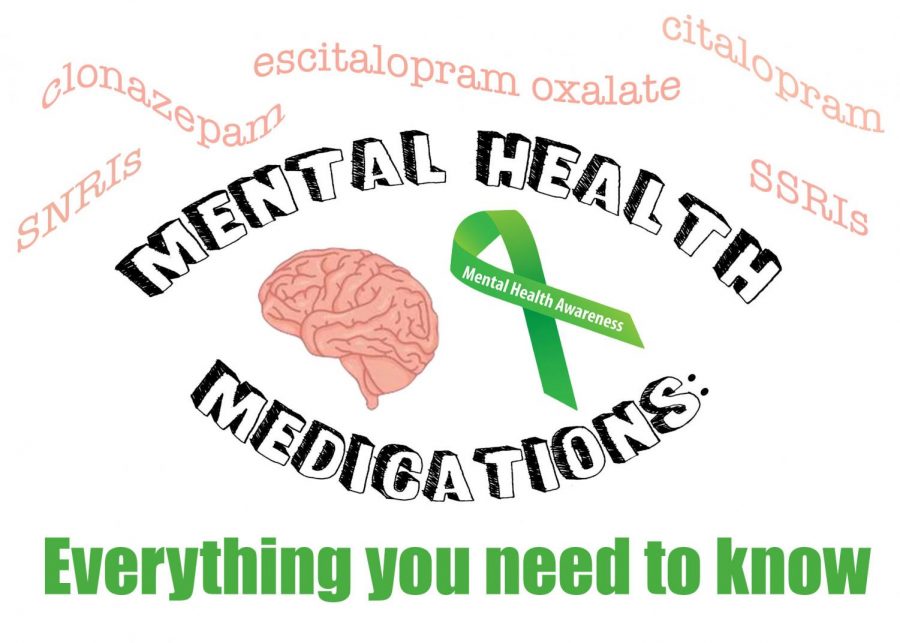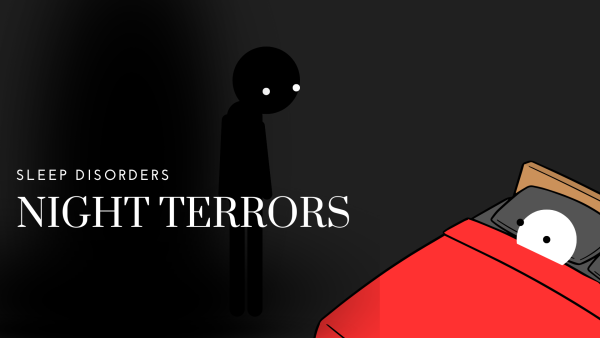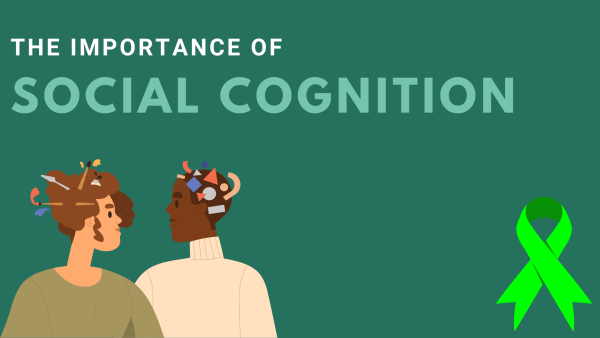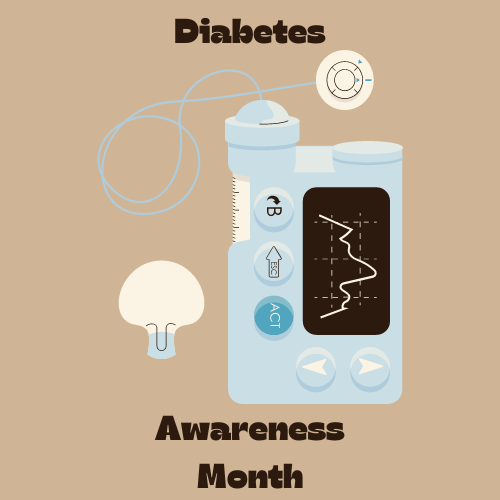What to Know About Mental Health Medication
According to hopkinsmedicine.org, “An estimated 26% of Americans ages 18 and older, about one in four adults, suffers from a diagnosable mental disorder in a given year.” With these diagnoses comes treatment options for the victims of mental illness. These treatment options, though, are not suitable for everyone with a mental illness. “Treatment plan should be based on a person’s individual needs and medical situation and under a mental health professional’s care,” according to the National Institute of Mental Health (NIMH).
That being said, most treatment plans include prescribed medication. The different medications on the market are categorized into five different classifications: antidepressants, anti-anxiety medications, stimulants, antipsychotics and mood stabilizers.
As the name states, antidepressants are prescribed to treat depression, but can also treat insomnia, pain and anxiety that is caused by depression. Even just in the classification of antidepressants, the types of medication can be broken down even further. There are selective serotonin reuptake inhibitors (SSRIs) and serotonin and norepinephrine reuptake inhibitors (SNRIs). The difference between these classifications of medicine is what neurotransmitters they affect in the brain of the user.
Anti-anxiety medications “reduce symptoms of anxiety such as panic attacks, or extreme fear and worry” (NIMP). The most common classification of anti-anxiety medications is called benzodiazepines. This type of medication calms mental symptoms of anxiety as well as physical symptoms. These symptoms include rapid heartbeat, trembling and sweating. There are other types of anti-anxiety medications that are prescribed for chronic anxiety disorders.
Stimulants are prescribed to treat attention-deficit hyperactivity disorder (ADHD) but are also used to treat narcolepsy and depression in some cases. These medications “increase alertness, attention, and energy, as well as elevate blood pressure, heart rate and respiration” (National Institute on Drug Abuse).
“Antipsychotic medicines are primarily used to manage psychosis. The word ‘psychosis’ is used to describe conditions that affect the mind, and in which there has been some loss of contact with reality, often including delusions or hallucinations (NIMH). These conditions include, but are not limited to, schizophrenia, bipolar disorder, obsessive-compulsive disorder (OCD), post-traumatic stress disorder (PTSD), eating disorders and even anxiety, depression and ADHD in severe cases. With long-term use of antipsychotic drugs, a condition called tardive dyskinesia (TD) may occur. “TD causes muscle movements, commonly around the mouth, that a person can’t control” (NIMH). Sometimes, though, people with this condition will recover partially or fully after they stop taking the medication.
Mood stabilizers are prescribed to treat mood swings that are associated with other mental illnesses. Mood stabilizers are typically prescribed with another mental health medication, but in some cases are used to treat bipolar disorder, disorders of impulse control and schizoaffective disorder.
Many different categories of medication can treat the same illness or disorder. There are also a plethora of different medications in each category and sub-category, so it is important to understand that it is very difficult to find the right medication on the first try. Some medications just don’t work for some people for factors outside of their control. This could be hormonal issues, poor metabolism, high/low blood pressure, or a combination of multiple factors. In some cases, a tolerance toward a medication can build in the body causing it to no longer work. Sometimes, the symptoms that are caused by the medication are worse than the disorder they are treating, so a different medication must be prescribed. Having a general understanding of mental health medications is an important step in the destigmatization of mental health. After all, mental health is just as important as physical health and needs to be treated the same.

Hi everyone! My name is Morgan Moomey. I am a senior at AHS, and this is my third and final year writing for the SPUD. This year I am Co-Editor-in-Chief...











